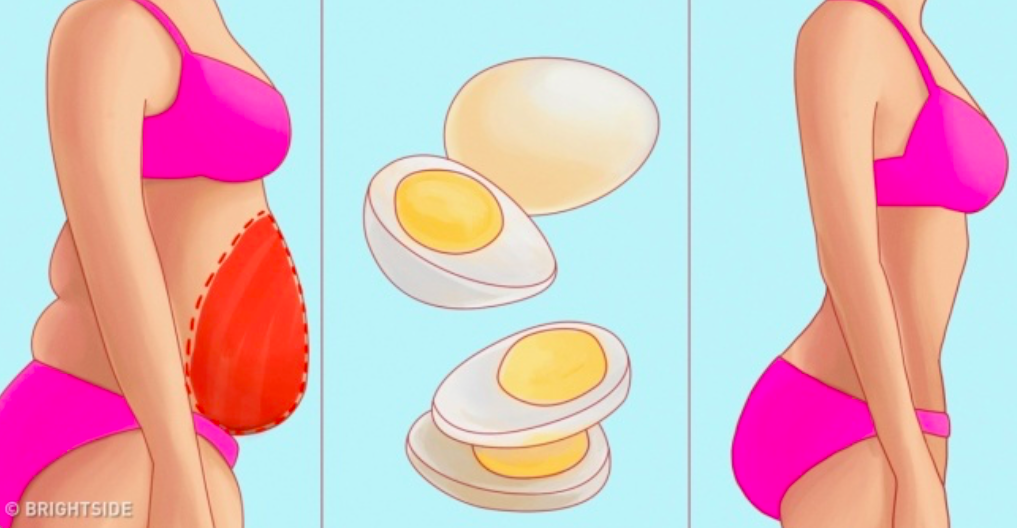Nutrition is and always has been a hot topic. People want to know which foods are good for our bodies and which can harm us. But sometimes even scientists get it wrong and have to retract or modify their statements months or even years later.
We put together a compilation of such scientific mishaps to share with you so that you have all the information to make the best possible choices! And don’t miss the bonus at the end of this article to find out whether chocolate is really such an “unwanted guest” in your body.
7. Salt
Several decades ago, people were led to believe that salt was really bad for them. They were intimidated by such consequences as high blood pressure, heart and kidney problems, and so on. And while everything is good in moderation, studies conducted in the 2000s show no direct correlation between lowering your salt intake and suffering from hypertension or heart disease. On the contrary, when we stop consuming sodium, our bodies release hormones and enzymes that increase our blood pressure.
6. Eggs
People were told to limit their egg consumption because of cholesterol and its ability to clog arteries and increase the risk of heart attack, stroke, and diabetes.
A decade later, scientists admitted they made a mistake: there are actually 2 types of cholesterol, and eggs contain the good one. Besides, they are high in iron and protein and the antioxidants lutein and zeaxanthin, which protect against age-related eye disorders like macular degeneration and cataracts.
5. Popcorn
For many, many years, this loyal movie partner of ours was considered to be junk food.
However, it was discovered that popcorn has more antioxidants (called polyphenols) than fruits and vegetables. And studies show that polyphenols reduce the risk of heart disease and cancers. Another perk of popcorn: it has VERY few calories (yay!) and is a whole-grain food. But make sure it doesn’t contain any artificial added flavorings. It’s best to make it at home!
4. Whole Milk
For years, we were told to stick to the skimmed version to reduce the amount of fats we consume.
However, recent studies show that the whole fats in milk bring a lot of essential nutrients to our bodies and even make blood more resilient to certain types of cancer. In addition, whole milk actually helps you stay leaner and reduces the risk of diabetes!
3. Coffee
Not too long ago, caffeine was accused of all kinds of “sins”: causing hypertension, heart problems, damage to the nervous system, and so on.
However, recent studies show that drinking coffee actually leads to lower rates of heart disease and early death. Coffee drinkers were also found to be less prone to diseases like liver cirrhosis, type 2 diabetes, and even neurological conditions like Parkinson’s and Alzheimer’s disease.
2. White Rice
There are a number of reasons why we shouldn’t be scared of white rice. To name a few:
- It digests easily and helps absorb toxins. So if your stomach is upset, this may be a good meal for a couple of days.
- It doesn’t contain gluten. For many people, that’s a big deal right now.
- It helps prevent chronic digestive problems.
- White rice was proven to contain less arsenic than brown rice.
1. Pizza
The story here is the same as with popcorn. There’s nothing bad about pizza if you make it at home! In fact, it’s a great source and mixture of various nutrients. Just think about it: protein, veggies, a few carbs (use a whole-wheat crust), and your favorite fresh or dried herbs. Talk about an efficient 3-in-1!
Bonus
Is chocolate really such an enemy of our health as we keep being told?
Reliable sources state that GOOD chocolate can actually boost your health quite a bit! By “good,” we mean dark and containing no less than 70% cocoa. Such a treat can:
- Restore the flexibility of your arteries, which is good for your heart and circulation.
- Reduce levels of “bad” cholesterol.
- Help the brains of older people to stay active.
- Lower the risk of stroke.
And there’s even a study suggesting that dark chocolate can help prevent diabetes! It’s amazing how much it has to offer without even mentioning that it makes you happier!
We sincerely hope that this nutrition information will turn out to be beneficial for you and will make your life a little bit easier and better! Just remember that all the guidelines above work for people with a generally good state of health. Of course, if you have any specific conditions, don’t forget to consult your doctor before implementing them. And don’t forget to share your nutritional experiences in the comments with us!








